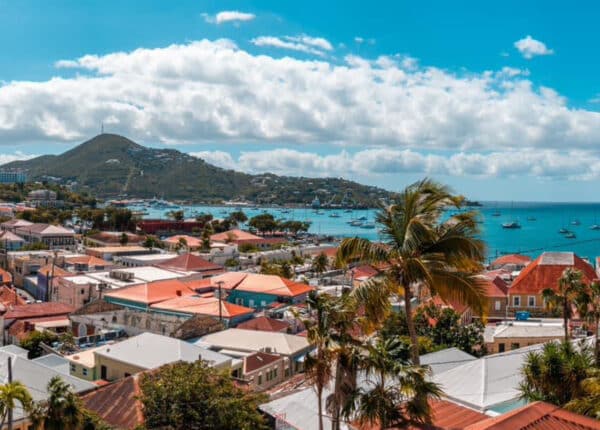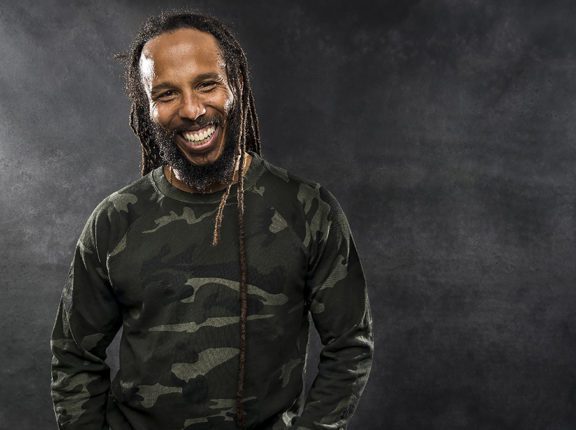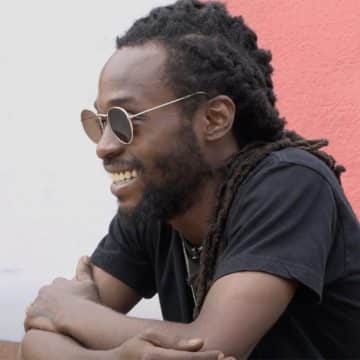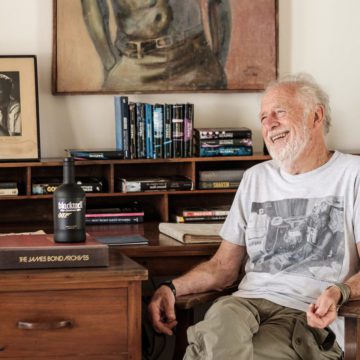Emerging from Kingston’s Trenchtown in the 1970s, Big Youth became one of the pioneers of reggae – as arguably one of the first deejays and, as he says, the first Rastafarian to do so. In a four-decade career, in which he has worked with everyone from Lee Perry to Bunny Wailer, Big Youth has overseen the development of reggae, from his beloved roots to Jamaica’s prevalent dancehall sound of today. CJ Arts talked to Big Youth about how he started in music, how he feels about the reggae sound of today and of his all-time favourite producer.
What are you working on right now?
Well, I just did an album with Mad Professor in England. Mad Professor has made some of the greatest reggae, and released one called Fire in England, right when the riots started. So we’re working on Fire in England, and creating some new tunes for this one.
How did you decided to become a musician?
Well, Dionne Warwick and these kinds of people – Curtis Mayfield, Stevie – Dionne Warwick was a favourite. I loved singing her songs, and I was working on a construction site as a mechanic, and when I would go into the elevator shaft, I would sing “Windows of the World.” I got the privilege to hold the mic, and with my creative concept, and my religious concept, as I was taught, I tried to tell the people, we need to live up and get up, and make love and not war. I started to turn the mic and people started to love it, and I spoke to it. I let them know that you need to be careful, you need to learn to respect each other.
You’ve worked with nearly everyone in reggae – who is your favourite producer?
Big Youth!
Were you the first Rasta to do what you did?
I was the first man with dreadlocks to ever come on stage and establish the whole concept of being firm as a Rastaman on stage.
How much has reggae changed?
Well, it changed a lot. The part of the 1970s, where we brought back cultural concepts, with Rastafari, to make love and not war, and togetherness, and to work for honour, these are the kinds of things that Bob Marley and Peter Tosh made great – and this has changed a lot. Because in one scene we have come up with a lot of slackness – they’ve changed the general tune to dancehall and I don’t like that. As far as I’m concerned, there are no more changes, because I don’t see man really making a great statement for upliftment thorough the arts – it’s just people gravitating for what they can.
What was special about the roots music for you?
Because that is where the naturalness is – message. People need something to look to, a courage – if it’s philosophical – because naturalness is mysticism not religion – it’s love, good over evil, so it was music that was really bringing people together. [Today], they promote a new thing that gets kids, but the morality is not there. This generation needs to learn where the music was.
How can that be done?
It’s the press – the airwaves. Because I think that people that are into journalism, even though they have death sentences if they say certain things, they are preachers, just like the singers and musicians. Because people that write and go onto the air, and talk and so on, people look up to them, so what they preach to people has a lot to do with it.
How can it be addressed musically?
A lot of people come in and think that if they do conscious music, with the bling and the flash, and the money they make….they’re not singing to save souls – they’re selling souls. So when you sing to save soul, the music lives on and on. The music can never die and will never change. When you make a political statement, and say they’re being unfair to the nation, and the nation needs to wake up and fight and do better – we just need some more of those kinds of songs, because the world needs it today.
Is there anyone out there you see doing that, staying true to that music?
There are a lot of good people out there that still carry on, even people that deal with nonsense. Somewhere along the line, you change from evil and do good. Somewhere along the line, they get to learn and realize – they try to make changes, so sometimes we just have to learn to accept those changes. Music that is the heartbeat of the people is something that can uplift you, that can be a therapy. We need to preserve it – and look at the kind of music that we promote to our younger generation.
You’re performing at the Reggae Culture Salute next week.
The Coalition [to Preserve Reggae] – they’ve come to elevate the music, and look into the greatness and the value of the music. A lot of people come into this and call themselves promoters. But CPR preserves – they’re trying to preserve the greatness of what was before.
–CJ Arts







